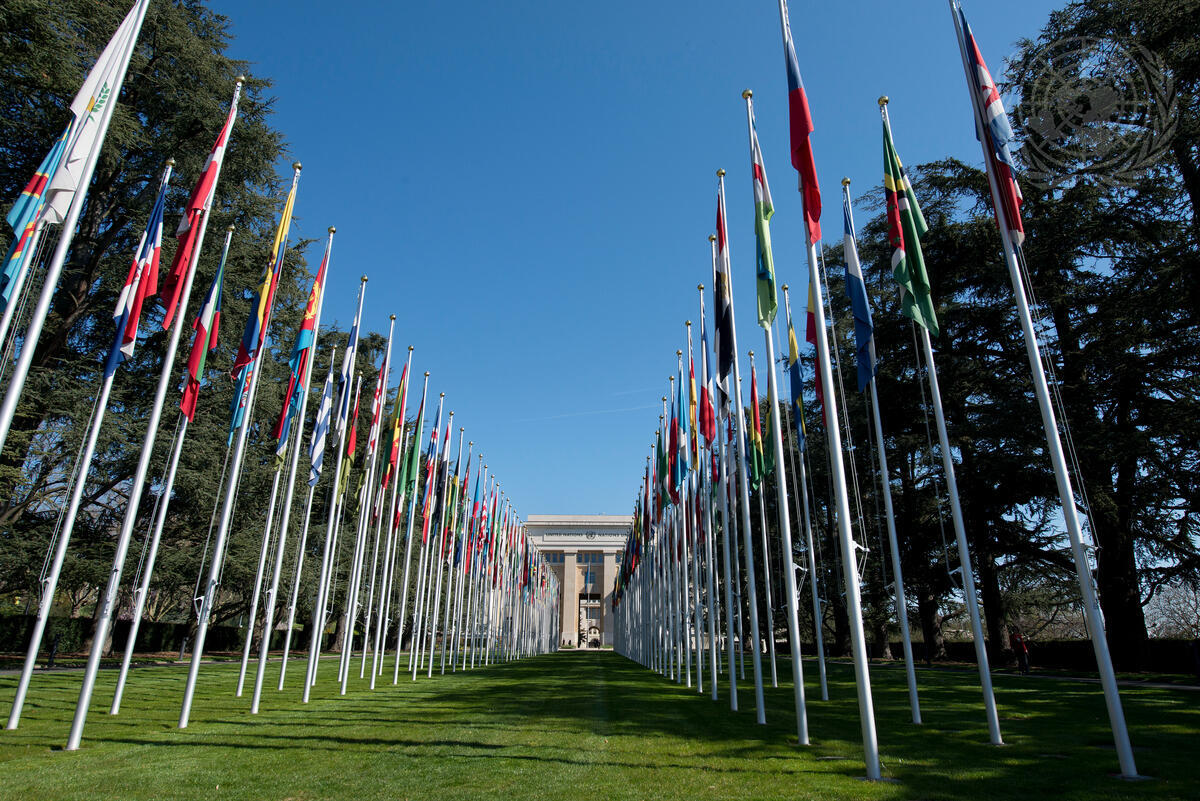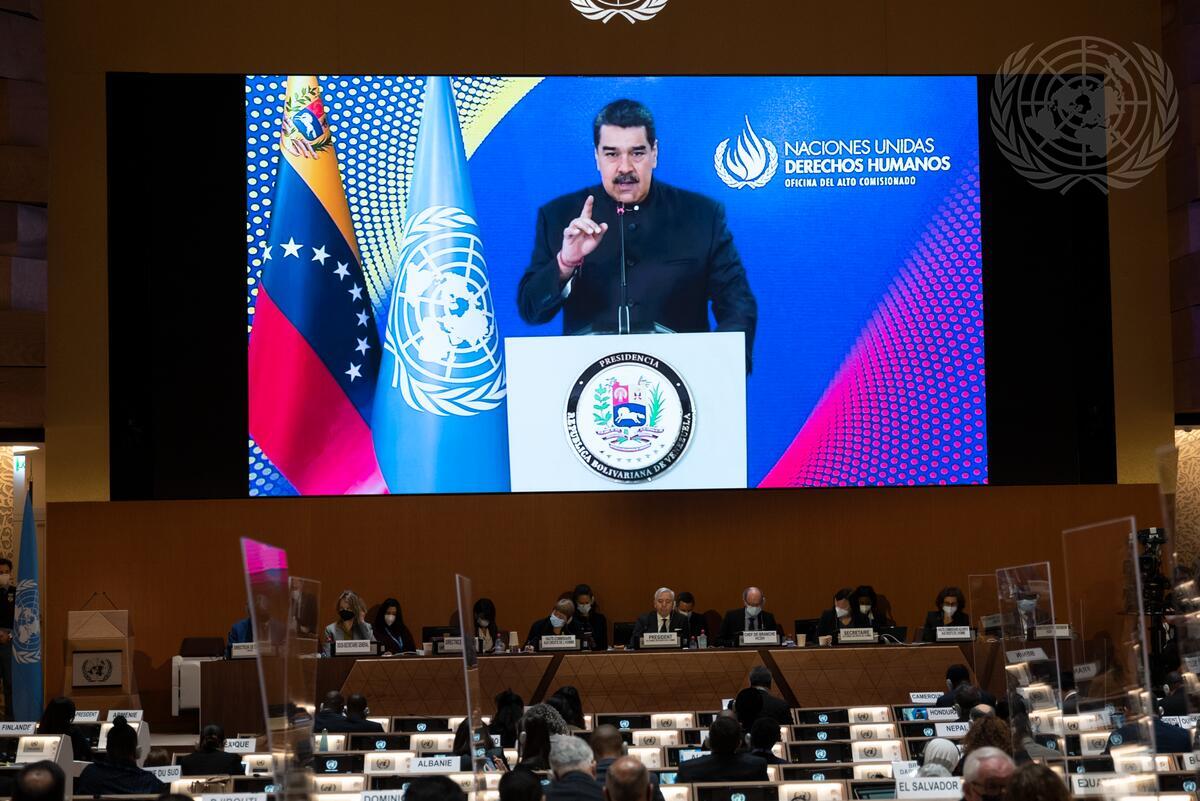23 States voted in favour, while 6 States opposed the renewal and 18 abstained.
Since then, the mechanism has interviewed hundreds of people who have witnessed or been victims of human rights violations, including possible crimes against humanity, establishing chains of responsibility that incriminate State agents all the way to President Nicolás Maduro.
Echoing civil society, the Mission warned of the serious deterioration of the situation in Venezuela since the presidential elections of 28 July, in which Maduro claimed victory despite accusations of widespread fraud by the opposition and international observers.
Beyond the electoral process, on 15 August the presidential party also approved a controversial ‘anti-NGO law’. The bill imposes greater State control over the work of non-governmental organisations and particularly targets groups that receive funding from abroad.
On 17 September, as they unveiled their annual report at the 57th session of the Human Rights Council, members of the Fact-Finding Mission said State violence following the elections had resulted in the deaths of 25 protesters and 2,400 arrests.
FFM Chairwoman Marta Valiñas stressed that the Mission’s findings were ‘overwhelming’ and that ‘violations have intensified’ in Venezuela since 28 July, reaching ‘unprecedented’ levels.
Venezuelan and international civil society organisations have campaigned for the Mission’s mandate to be renewed, so that it can continue its investigations at this crucial time for Venezuela.
We urge States at the Human Rights Council to maintain pressure on Venezuelan authorities to cease repressing protestors seeking transparency following the 28 July elections, to cooperate with all UN and regional human rights mechanisms, including the Mission and the Office of the High Commissioner for Human Rights, and to end legislative and political assaults on civic space and the work of human rights defenders.




